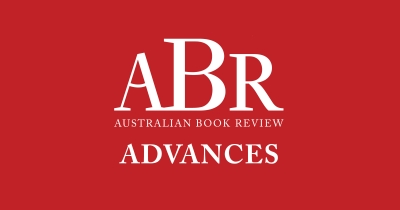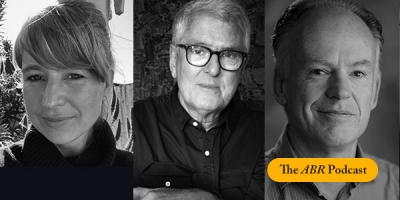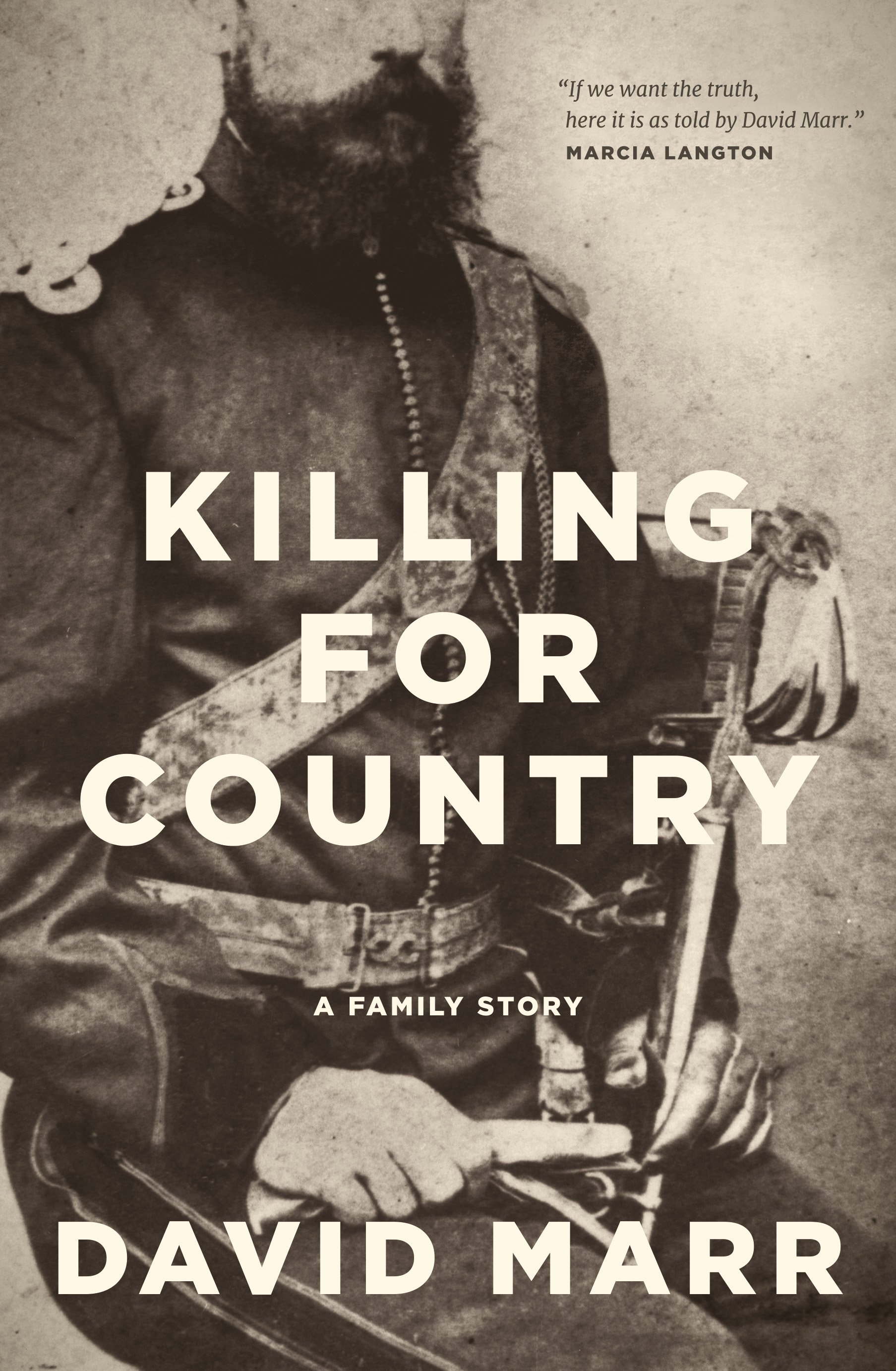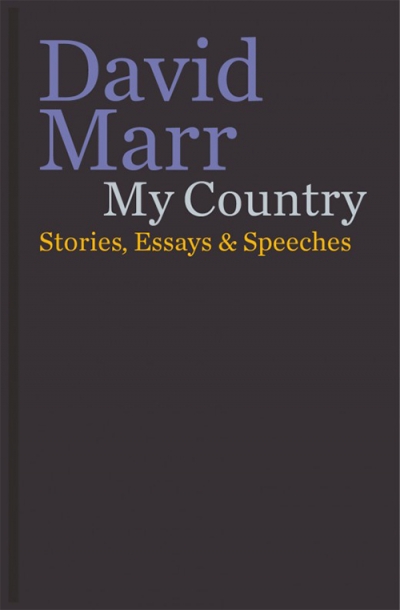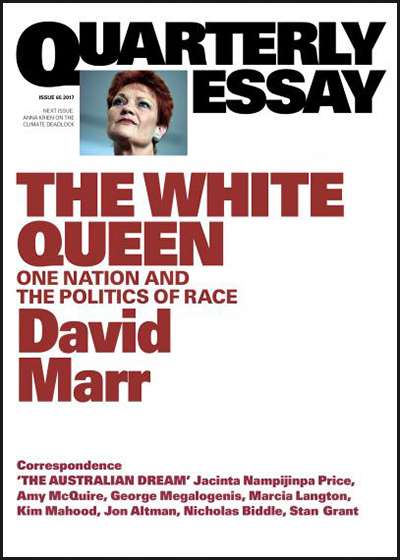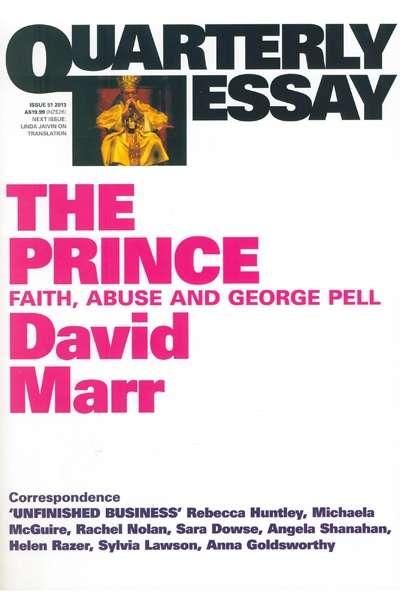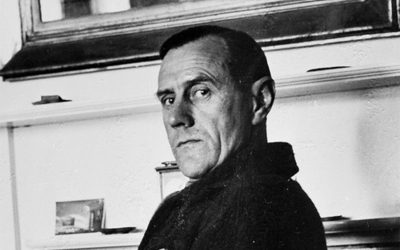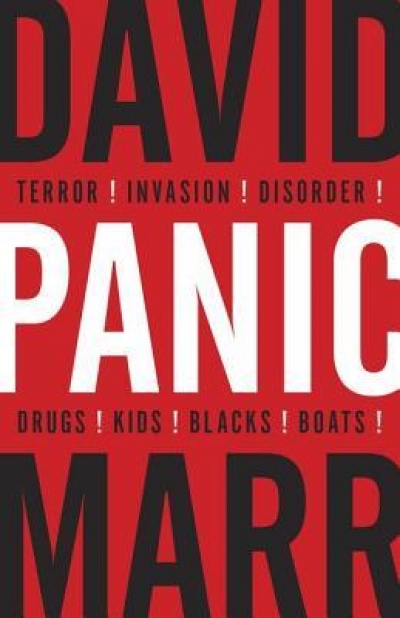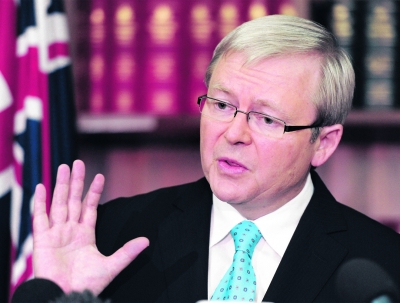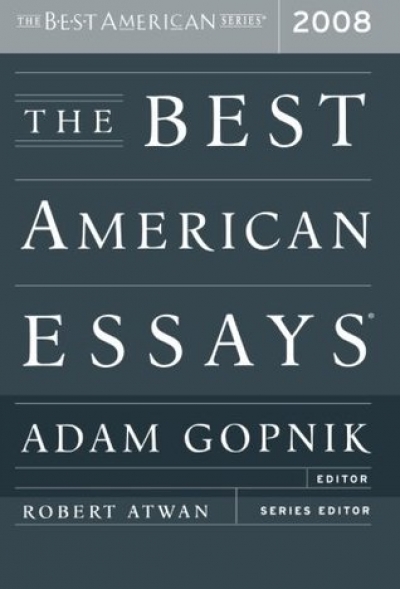David Marr
Film | Theatre | Art | Opera | Music | Television | Festivals
Welcome to ABR Arts, home to some of Australia's best arts journalism. We review film, theatre, opera, music, television, art exhibitions – and more. To read ABR Arts articles in full, subscribe to ABR or take out an ABR Arts subscription. Both packages give full access to our arts reviews the moment they are published online and to our extensive arts archive.
Meanwhile, the ABR Arts e-newsletter, published every second Tuesday, will keep you up-to-date as to our recent arts reviews.
Recent reviews
The Jolley Prize
This year’s ABR Elizabeth Jolley Short Story Prize attracted 1,310 entries. Of these, 413 came from overseas, attesting to the high regard in which the Jolley Prize – one of the world’s most lucrative prizes for an unpublished story in English –is held internationally.
Our three judges – Patrick Flanery (Adelaide), Melinda Harvey (Melbourne), and Susan Midalia (Perth) – longlisted thirteen stories from twelve different writers (John Kinsella doubled up). These are all listed on our website, and we congratulate the longlisted authors.
... (read more)This week, on the ABR podcast, we feature a special conversation between author and journalist David Marr, historian Mark McKenna and ABR’s Georgina Arnott, recorded in the middle of September 2023, one month out from the Voice referendum. The subject was David Marr’s new book, Killing for Country: A family story, which takes the reader to early nineteenth-century New South Wales and follows the bloodshed of invasion as it tracks north. Mark McKenna’s review of Killing for Country is published in the October issue of ABR.
... (read more)The White Queen: One Nation and the politics of race (Quarterly Essay 65) by David Marr
The Prince: Faith, Abuse and George Pell (Quarterly Essay 51) by David Marr
By the time I found him twenty-five years ago in the Adelaide Hills, Glen McBride was old, tiny, spry, and ready to boast about his career. I doubt many readers have heard of this little man or know of his pivotal role in the literature of this country. That’s what had me knocking at his door. And though he disowned none of it in the hours we spent ranging over his life and times, what really perked him up was confessing his part in the salami and sausage business in that part of the world.
... (read more)The political assassination of Kevin Rudd will fascinate for a long time to come. As with Duncan’s murder in Shakespeare’s play it was done, as Lady Macbeth cautioned, under ‘the blanket of the dark’, literally the night of 23–24 June 2010. The assassins heeded Macbeth’s advice: ‘if it were done when ’tis done, then ’twere well it were done quickly.’ And as in Macbeth, the assassins were in the shadow of the throne. Even the old king approved: Bob Hawke, himself deposed in 1991, recognised at last that the removal of a Labor prime minister is sometimes necessary.
... (read more)
